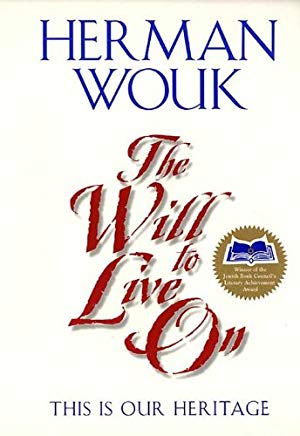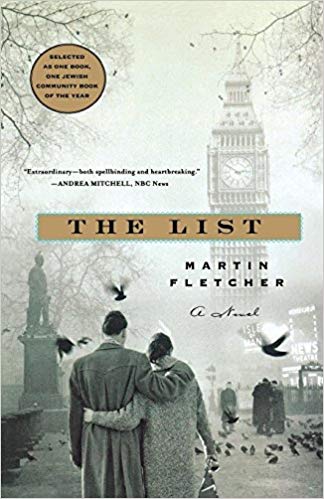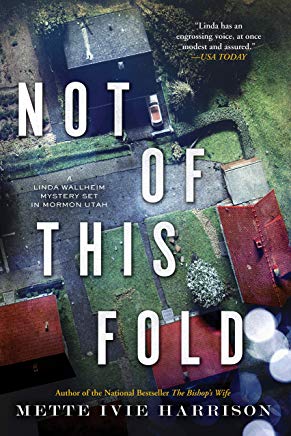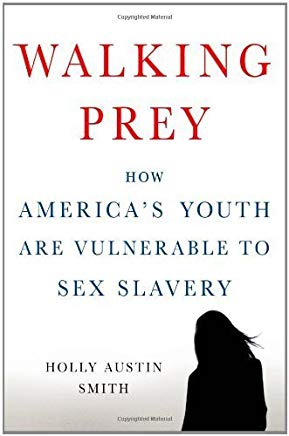Book Review: The Will to Live On by Herman Wouk
The Will to Live On by Herman Wouk is an engaging read. Growing up, I had read This is My God, the first book about Judaism he wrote in 1959. The Will to Live On is the companion volume he published in 2000. Even though it is not a recent publication, the issues he discussed are still relevant today in 2019. Herman Wouk, who passed away at age 103 this year, was a bestselling author of numerous novels, including two that were made into television miniseries, The Winds of War and War and Remembrance.
Similar to his first book, Wouk explains why religion is an integral component of his life. Back in 1959, his first book was well-received despite the prevailing lack of interest in Orthodox Judaism among the Jewish mainstream and the media. The nation of Israel was strong and unafraid of its belligerent neighbors. Wouk expounded on his steadfast traditional observance even though his lifestyle was going against the tide of American Jewish life. By the time he wrote The Will to Live On, Israel had already gone through wars that endangered its very existence and it is now subject to much controversy on the world stage. He shares his thoughts on the public’s renewed interest in traditional Judaism even though only a small percentage of Jews are still observant. Wouk expresses doubts whether Jews would continue on as a people or fade away due to dwindling observance. He concludes his work by stating that he instinctually believes the Jewish people will continue to survive as a distinct people, perhaps in innovative ways.
Wouk had a life most writers would envy. He was able to write full-time, travel the world for background material for his writing, and meet famous people and world leaders. He briefly summarizes the history of the Jewish religion and ends by discussing the Orthodox, Conservative, and Reform camps and the views of individual Jews on religion, Israel’s future, and their thoughts on the future of the Jewish people
As much as I enjoyed reading the book, I felt Wouk missed one important component–even in America, the land of the free, many employers require their employees to work on Friday after Shabbat begins and even on Saturday. The Jewish holidays throughout the year, always occurring on different dates due to the Hebrew lunar calendar, make it difficult for those considering a more observant lifestyle to take so many days off of work. Added to that, Orthodox Jewish neighborhoods are often located in expensive neighborhoods. To walk to a synagogue and observe with other Jews, a person or family must make a very sizable income. What’s more, the cost of Jewish day schools is soaring and many simply cannot afford the tuition, forcing them to send their children to public schools. I wish Wouk would have addressed these issues rather than just focusing on the allure of the secular lifestyle. These are very real obstacles to living an observant lifestyle.
Otherwise, a good recap of Jewish history and Jewish life today.
Book Review: The Will to Live On by Herman Wouk Read More »




